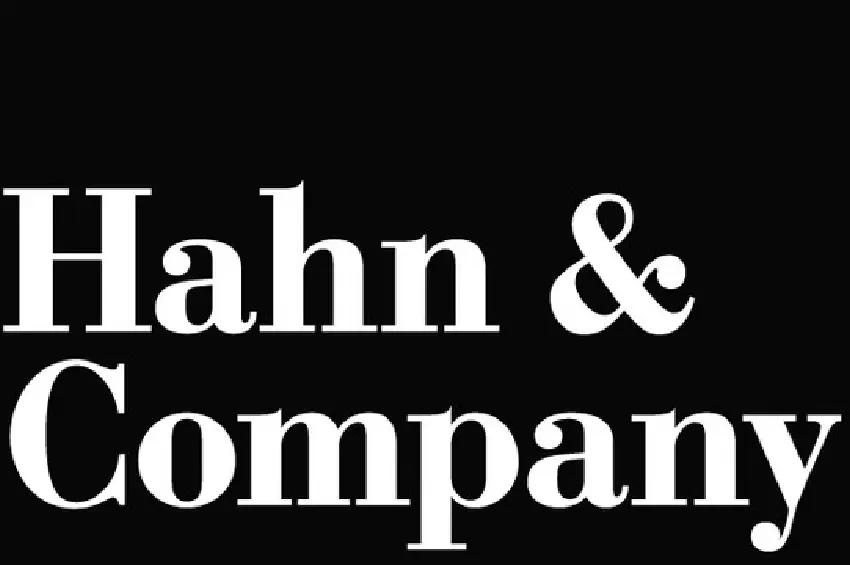Affinity Equity Partners' Delisting Proposal Faces Legal Challenges
Global private equity firm Affinity Equity Partners is facing significant backlash from minority shareholders over its attempt to voluntarily delist Lock & Lock, a prominent South Korean manufacturer of kitchenware. The conflict has escalated to the point where minority shareholders are considering legal action to block the delisting.

In 2017, Affinity acquired management control of Lock & Lock for 629.3 billion won (approximately $560.2 million), with an acquisition price of 18,000 won per share. However, the current tender offer price of 8,750 won is less than half of that, sparking outrage among minority shareholders. According to the financial investment industry on 1st, Affinity has initiated an additional tender offer following the first and second tender offers to push for the voluntary delisting of Lock & Lock. Simultaneously, it has completed the establishment and registration of a new domestic corporation to proceed with the comprehensive stock exchange process.
Affinity plans to pursue additional purchases of Lock & Lock common shares from June 17 until September 6. The tender offer price remains the same at 8,750 won, and orders will be processed through NH Investment & Securities. According to the Korea Exchange, a total of 656,238 Lock & Lock shares were traded from May 16 to June 5, accounting for approximately 1.5% of the total shares (43.32 million shares).
Industry analysts believe that Affinity has resorted to this additional purchase after failing in the second tender offer for Lock & Lock. Previously, Affinity held approximately 85.45% of the shares, combining its 69.64% stake with the 15.8% acquired during the first tender offer. To meet the delisting requirement of 95%, an additional 9.5% stake needs to be secured. However, Affinity only managed to acquire about 1.5% of Lock & Lock shares in the second tender offer.
Market analysts attribute the failure of the tender offer to the low tender offer price. Minority shareholders of Lock & Lock have stated that they will not participate in the tender offer due to the low price set by Affinity. "A reasonable price must be offered to shareholders," one minority shareholder emphasized, adding, "We will not sell at a bargain price." Another minority shareholder stated, "The tender offer price should at least match the book value per share (BPS)."
As of the end of the first quarter of this year, Lock & Lock's BPS was 11,689 won, which is 2,939 won higher than the tender offer price of 8,750 won. Thus, minority shareholders participating in the tender offer would be selling their shares at a price lower than the BPS.
In response, Affinity has announced that it will proceed with the comprehensive stock exchange process simultaneously with the additional purchase. It has also completed the establishment and registration of a new domestic corporation for this purpose. The comprehensive stock exchange allows for the forced exchange of shares between the parent company and subsidiary if two-thirds of the total shares are secured. This measure is intended to meet the delisting requirement if additional purchases fail to secure the necessary shares.
Affinity currently holds 86.89% of Lock & Lock shares. On the surface, a comprehensive stock exchange appears feasible. However, Affinity currently owns Lock & Lock shares through an overseas entity, and under corporate law, overseas entities cannot engage in a comprehensive stock exchange. Therefore, Affinity has established a new domestic corporation.
Minority shareholders of Lock & Lock are opposing Affinity's push for voluntary delisting. Recently, through the shareholder action platform “ACT,” minority shareholders have consolidated 2-3% of the shares. They have also begun the process of hiring a law firm to block Affinity's delisting attempt. As of the date of this report, no law firm has been hired, but minority shareholders of Lock & Lock intend to continue with legal procedures.
The representative of the Lock & Lock Minority Shareholders Alliance stated, "We are considering applying for an injunction or filing a civil lawsuit. We will definitely pursue legal action," adding, "We plan to show what minority shareholders can do."
As the situation develops, it remains to be seen whether Affinity will succeed in its delisting attempt or if the minority shareholders' legal actions will thwart the private equity firm's plans.









Comments